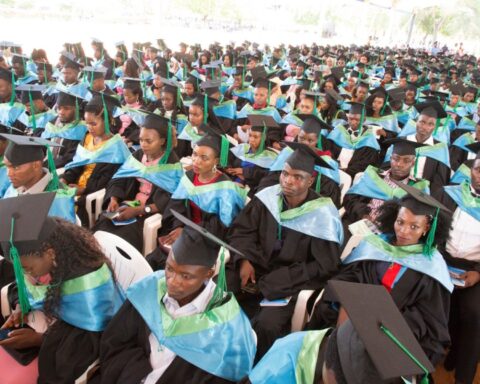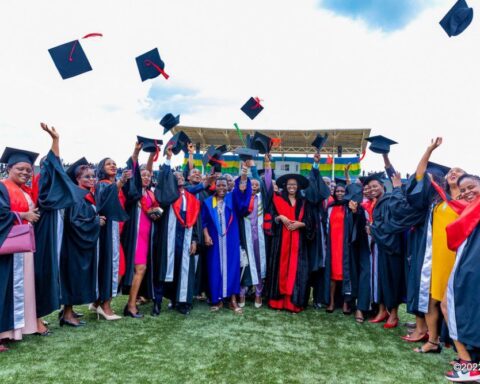Recent revisions to Tanzania’s education policy have sparked significant changes in curriculum and structure, reflecting broader global trends towards modernization and adaptation.
The Project Facilitator for Secondary Education Quality Improvement Project (SEQUIP),Chacha Nsaho, announced that the 2023 edition of the education policy has introduced crucial updates aimed at improving the quality and relevance of education.
Key Highlights of the Education Reform
Flexible Structure,The updated curriculum now offers a flexible education structure, allowing students to choose between vocational or general secondary education paths upon completing primary education. Secondary education is made compulsory, emphasizing inclusivity and accessibility.
ReadMore;Enhancing Education Access New Report Launch
Emphasis on Technology, A major focus of the revised curriculum is the integration of Information and Communication Technology (ICT) in teaching and learning. Students will now begin learning ICT from the early stages of education, ensuring they are equipped with essential digital skills.
Early Childhood Education:the policy now stipulates that early childhood education lasts for one year, emphasizing the importance of early childhood development and structured learning environments for cognitive growth.
To support the implementation of the new curriculum, training sessions are underway at Butimba Teachers’ College in Mwanza. Teachers from secondary schools in Geita, Mara, and Singida regions are participating in the training, ensuring they are prepared to deliver quality education.
Education reforms worldwide are aligning with similar principles, emphasizing flexibility, technology integration, and stakeholder engagement. Countries around the globe are recognizing the need to adapt their education systems to meet the demands of the 21st century.






